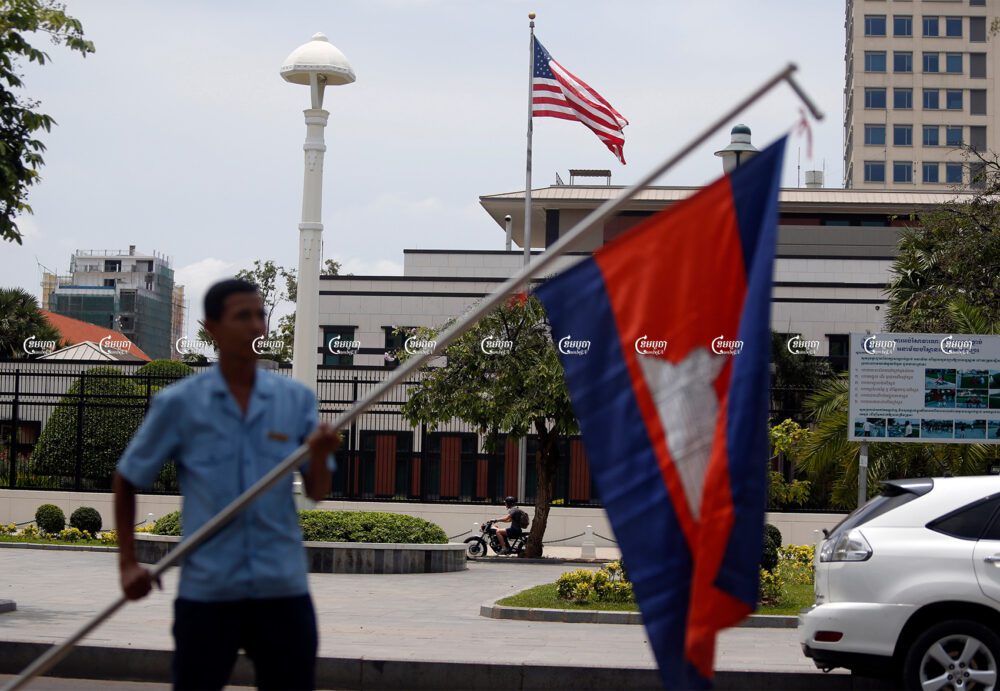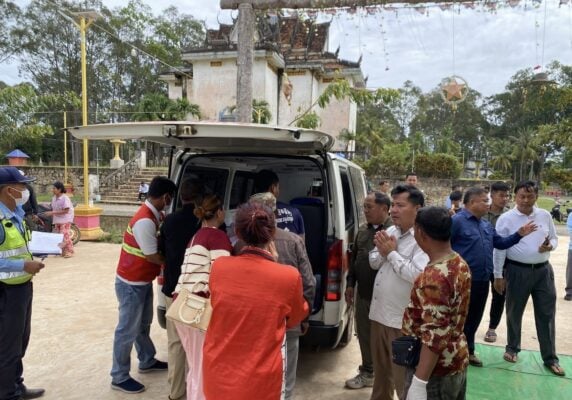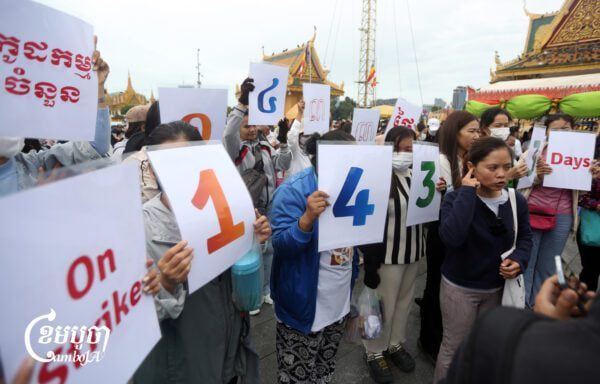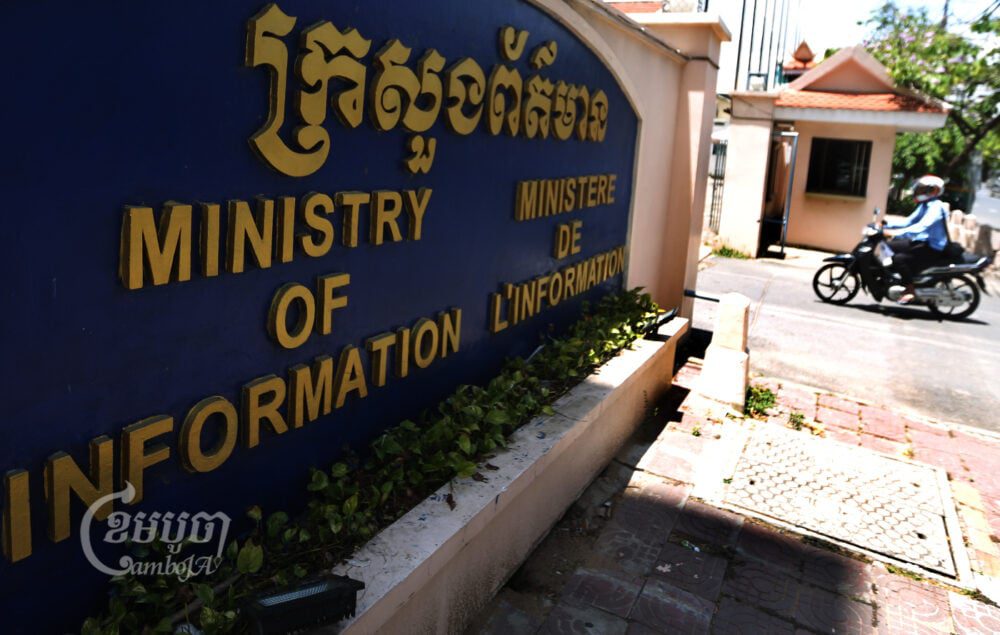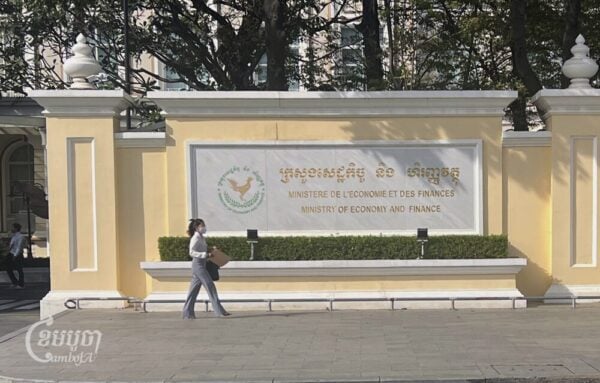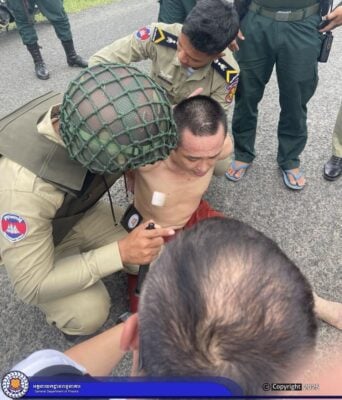The Cambodian Ministry of Defense has asked the US to review the existing cooperation agreement between the two countries after six Cambodian students at US military academies were informed their scholarship programs were being ended due to a loss of eligibility for the Kingdom.
General Nem Sowath, director general of the Defense Ministry’s Foreign Affairs and Cooperation Department, said the decision made by the US is in contrast to the bilateral agreement.
“This is a unilateral decision,” he told CamboJA. “It is an inhumane act and a dishonest implementation of the agreement between the two countries.”
Rob Joswiak, the public diplomacy officer of the US embassy in Phnom Penh, told CamboJA by email that Cambodia had lost its eligibility for the military academy program due to weak cooperation in several areas of traditional bilateral military engagement. Joswiak said the academy would not remove the students but said the US has encouraged the Cambodian government to help them pay their remaining tuition costs.
“As a reflection of their good academic standing, however, Cambodian students currently enrolled at military service academies are permitted to complete their undergraduate programs,” he said.
Sowath said his ministry was still discussing how it might assist the students, some of whom have reached their fourth year of studies and expect to reach completion next year. These students are selected through a scholarship program managed by the US Department of State in cooperation between the countries.
According to a report from media outlet VOA, the six students are seeking intervention from the US embassy in Phnom Penh. They are currently enrolled at the military academy at West Point, as well as the academies of the US Air Force, Navy and Coast Guard.
Analysts see the end of the scholarship program as yet another setback in military relations between the US and Cambodia. The official relationship between the countries has deteriorated after the closure of the political space in the Kingdom, which is considered to be moving closer to China, including in military cooperation. Meanwhile, a US-Cambodia joint military exercise called “Angkor Sentinel” has been postponed since 2017.
Political analyst Em Sovannara said the US still suspects Cambodia will provide access to China at the Ream Naval Base in Sihanoukville. China is helping to develop the base and, in that process, two US-funded buildings have been demolished.
“If Cambodia stands firm in relying on China, the impact will go beyond military relations but also to diplomacy and the economy,” he said.
Sovannara said Cambodia should have a clear foreign policy as stated in the Constitution. Doing otherwise could have a negative impact on the country, he said.
“Cambodia should not depend only on China, Russia, the US, or any state,” he said. “Cambodia should be neutral to gain all interests from them.”
The US military attaché visited Ream Naval Base on June 11 at the invitation of Cambodian officials. But this visit did not dissipate official suspicions. US Ambassador Patrick Murphy told CamboJA in June that the US urged Cambodian government to offer more transparency, claiming the attaché was not allowed full access.
Chak Sopheap, executive director of Cambodian Center for Human Rights (CCHR), said she believed the tension between the two countries is more about geopolitics than human rights. Still, she urged the Cambodian government to take rights protections seriously as it navigates its foreign relationships.
“It’s not quite related to human right violations and democracy in Cambodia that the US decided to end the military scholarship program for Cambodia,” she said. “Cambodia should adhere to the principle of independence and neutrality in region and global to build friendship with all countries.” (Additional reporting by Sam Sopich)


